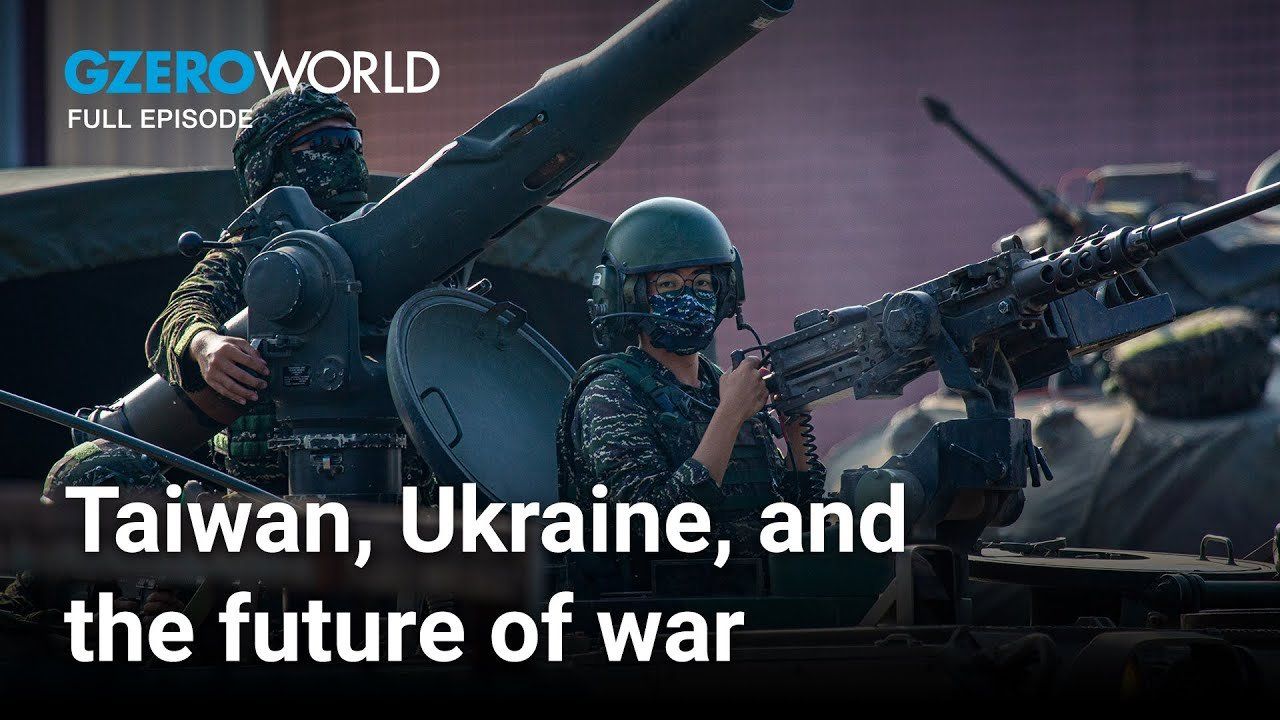
Technology in Ukraine is transforming the battlefield in real time. How will it change the US national security strategy? And could what's happening in Ukraine shift China’s President Xi Jinping’s future plans in Taiwan? Former NATO Supreme Allied Commander Admiral James Stravridis joins Ian Bremmer on GZERO World to talk about how technology is creating a “new triad” of warfare, i.e., unmanned systems, cyber and artificial intelligence, and special forces.
Modern conflict no longer requires huge standing armies to fight effectively; just look at Ukraine’s success in the Black Sea. Smaller militaries are increasingly using drones, satellites, and unmanned systems against larger armies. Stavridis says Taiwan is a “resistance fighter’s dream” because of its geography and resources. Plus, it manufactures about half of the world’s computer chips, which China relies on for its technology infrastructure. But Stavridis also warns the same technology is empowering malefactors and terrorist groups, creating dangerous asymmetrical warfare.
“The US will continue to be the preeminent nation at projecting power. China will make a play to do it. Russia, the lights are going to go out,” the Admiral says, “But it’s acts of terrorism and the ability to use weapons of mass disruption, that’s what you need to worry about.”
For more on technology and the transformation of war, check out Admiral Stavridis’ book "2054: A Novel". His newest book, "The Restless Wave", a historical novel about the rise of new technology in the Pacific during WWII, is out October 8.
GZERO World with Ian Bremmer, the award-winning weekly global affairs series, airs nationwide on US public television stations (check local listings).
New digital episodes of GZERO World are released every Monday on YouTube. Don''t miss an episode: subscribe to GZERO's YouTube channel and turn on notifications (🔔).